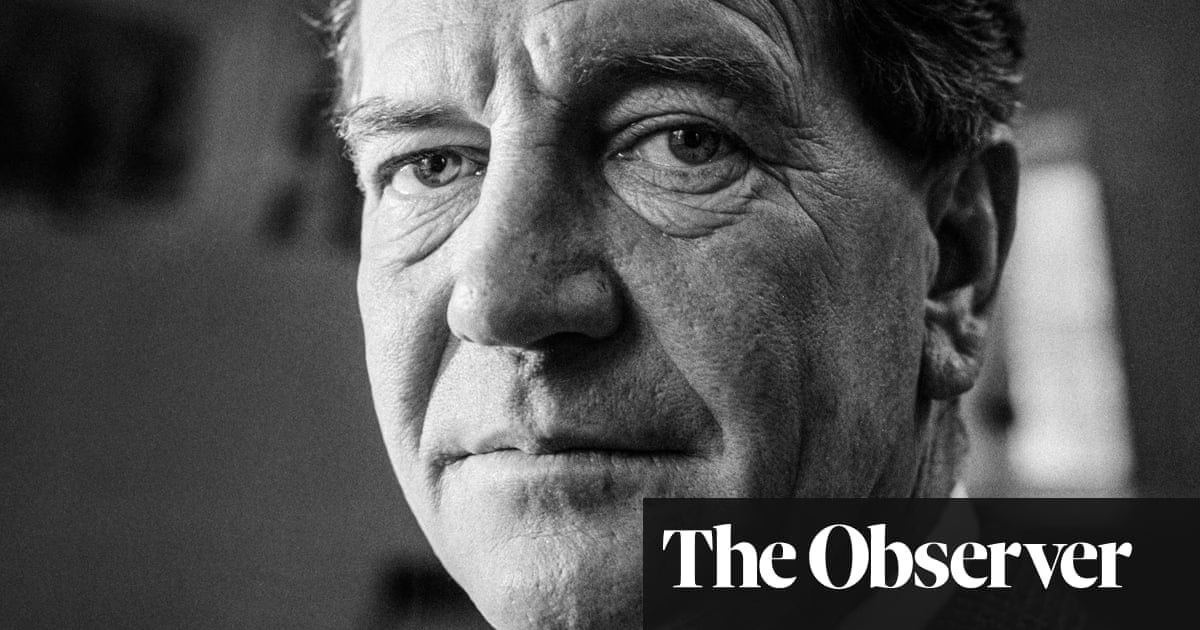Surveillance documents detailing the monitoring of Kim Philby, a notorious British double agent, have been made public for the first time. The files, from the Security Service (MI5) in November 1951, show how operatives closely followed Philby, known by his codename Peach, as he navigated London. The agents noted that Philby did not show signs of nervousness or awareness of being followed, deeming this “natural” behavior for a trained agent.
The documents raise questions about the British establishment’s handling of Philby’s case. Were they protecting him to avoid a scandal, or did they hope to bring him to justice? Mark Dunton from the National Archives believes these files shed light on the murky period of British espionage during the Cold War, when a group of “Cambridge Spies” undermined the top echelons of MI5 and MI6.
Dunton highlights that the original transcripts of Philby’s interrogations will be displayed to the public for the first time. These records, alongside new loans from MI5, offer a compelling look into Philby’s movements in London in 1951, from the Athenaeum Club to the Goring Hotel. He frequently used tactics to spot potential followers, such as utilizing a street corner to identify careless watchers, suggesting a deliberate attempt to evade surveillance.
Philby, an Eton-educated communist recruited by Russian intelligence in 1934, joined British intelligence in 1940 and served in Washington until 1951. Following the defections of Guy Burgess and Donald Maclean, suspicions arose, and Philby came under scrutiny. Despite being cleared publicly due to lack of evidence or possible MI6 protection, Philby was later revealed to be a key figure in warning the two spies, earning his title as the “Third Man.”
The documents show that during this time, Philby’s activities were under surveillance, a twist considering his role in bugging communist sympathisers for the British government. Philby drove a black cab he had bought privately, which the operatives mocked for its “weatherbeaten face” and lack of a rear-view mirror. They considered their task easy with radio-equipped cars following him.
Philby, along with four other Cambridge spies, provided the Soviet Union with information from key positions within the British establishment. After facing suspicion again in 1962, he withdrew to Moscow in 1963 and provided a confession to an MI6 acquaintance, Nicholas Elliott. Philby’s betrayal, documented by a Soviet defector and attested to by one of his former lovers, Flora Solomon, led to his eventual exile.
The exhibition MI5: Official Secrets will showcase these documents at Kew in West London, offering a retreat into a significant chapter of British espionage history. The files will include Philby’s admission of passing information that resulted in the presumed execution of potential defector Konstantin Volkov and his wife.
Source: https://www.theguardian.com/world/2025/mar/22/mi5-surveillance-british-spy-kim-philby-made-public








